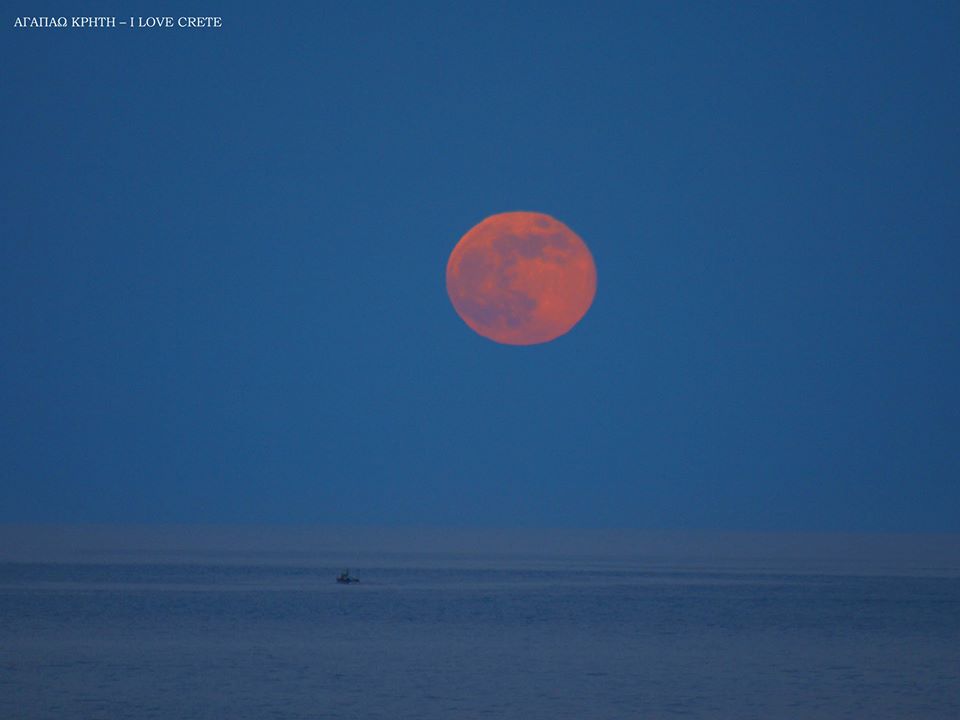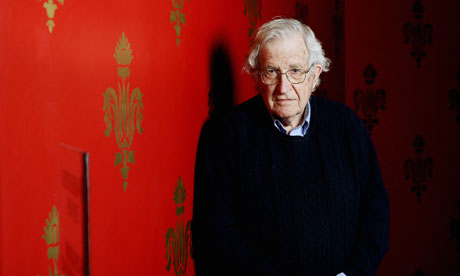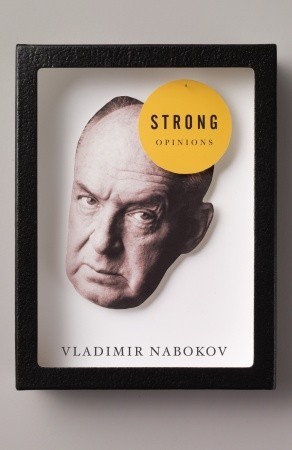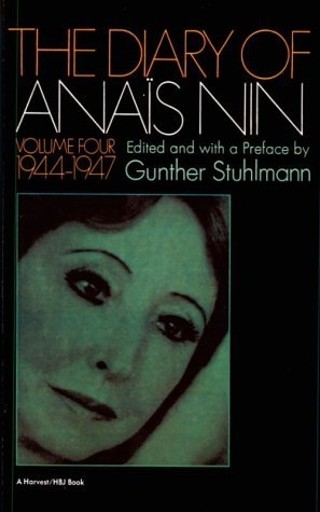Philosophie: Alles eilt. Wie wir die Zeit erleben | Kultur | ZEIT ONLINE.
Die neoliberale Politik hat sämtliche Zeitformen zerstört, die der Logik der Effizienz und des Kapitals im Wege stehen. Dies macht krank und zerstört die Seele. Deshalb brauchen wir eine andere Zeit: Die Zeit als Gabe. Von Byung-Chul Han
© AFP/Getty Images

Den Menschen sind jene Zeitformen abhandengekommen, die eine Erfahrung der Dauer möglich machen.
„Aus Mangel an Ruhe läuft unsere Zivilisation in eine neue Barbarei aus. Zu keiner Zeit haben die Tätigen, das heißt die Ruhelosen, mehr gegolten. Es gehört deshalb zu den notwendigen Korrekturen, welche man am Charakter der Menschheit vornehmen muss, das beschauliche Element in großem Maße zu verstärken.“
(Friedrich Nietzsche, Menschliches, Allzumenschliches )
Nicht jede Zeitform lässt sich beschleunigen. Es wäre ein Sakrileg, eine rituelle Handlung beschleunigen zu wollen. Rituale und Zeremonien haben ihre Eigenzeit, ihren eigenen Rhythmus und Takt. Alle Handlungen, die an die Jahreszeiten gebunden sind, entziehen sich ebenfalls der Beschleunigung. Liebkosungen, Gebete oder Prozessionen lassen sich nicht beschleunigen. Alle narrativen Vorgänge, zu denen auch Rituale und Zeremonien gehören, haben ihre eigene Zeit. Im Gegensatz zum Zählen lässt das Erzählen keine Beschleunigung zu. Die Beschleunigung zerstört die narrative Zeitstruktur, den Rhythmus und den Takt einer Erzählung.
Die Geschwindigkeit des Prozessors lässt sich beliebig erhöhen, weil er nicht narrativ, sondern bloß additiv arbeitet. So unterscheidet sich der Prozessor von der Prozession, die ein narratives Ereignis ist. Heute werden alle Rituale und Zeremonien abgeschafft, weil sie hinderlich sind für die Beschleunigung der Kreisläufe der Information, der Kommunikation und des Kapitals. So werden alle Zeitformen beseitigt, die nicht der Logik der Effizienz gehorchen.







